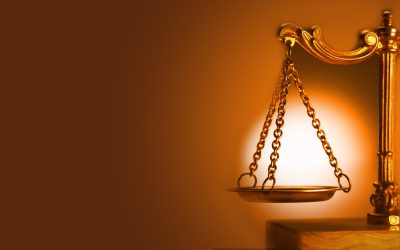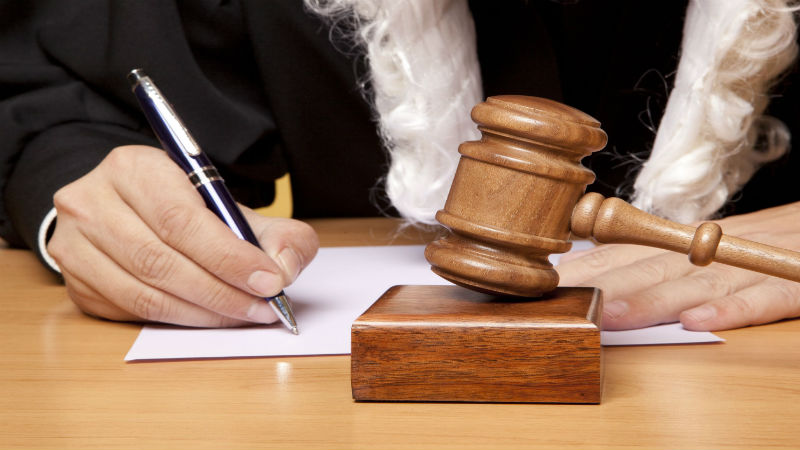Consumers facing repossession or foreclosure have options to prevent legal action. The first and most utilized is filing for bankruptcy. Through Chapter 7 and Chapter 13 bankruptcy, the consumer acquires an automatic stay that prevents their mortgage lender from seizing the property. However, for some consumers, this isn’t the most viable option. For this reason, they must determine which Chapter is right for their circumstances.
Filing for Bankruptcy
Consumers can stop repossession by filing for bankruptcy. Under Chapter 13, they have the opportunity to catch up on delinquent payments. With the automatic stay, payments stop until the judge approves the repayment plan. The restructured payment plan allows the consumer to pay one monthly payment for all debts listed in the claim. This helps them address financial difficulties in an amicable way.
Chapter 13 spans between 3 to 5 years. This allows the automatic stay to prevent litigation by creditors for this period. It allows the consumer to remain in the home or drive the automobile the creditor intended to seize. With this form of bankruptcy, most debts are eliminated completely.
Is Chapter 7 a Better Solution?
Chapter 7 allows for liquidation of assets. Consumers could settle their debts in 6 months through this process. It will help stop repossession of their automobile or foreclosure of their home. However, they must settle their debts or catch up on applicable payments. Failing to settle any delinquencies before the end of the bankruptcy case could lead to property loss. The automatic stay lasts for the duration of the case only. After the case has been discharged by the court, the lender could file a claim to seize the property.
When Bankruptcy isn’t the Right Choice
Consumers who wish to retain their right to open new accounts shouldn’t file for bankruptcy. They should seek an alternative. Through an attorney, they could acquire a loan modification. This eliminates any delinquent balances and essentially allows them to start over.
Homeowners facing the loss of their property should consider bankruptcy. This option could help them reduce their total debt within a three-year period. These claims can also prevent adverse action by their lenders. FREE case consultation is available for consumers who need assistance with these claims.
Join us here!



